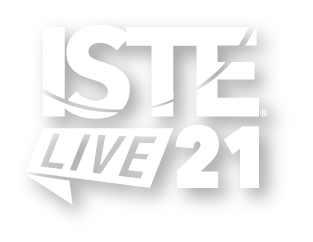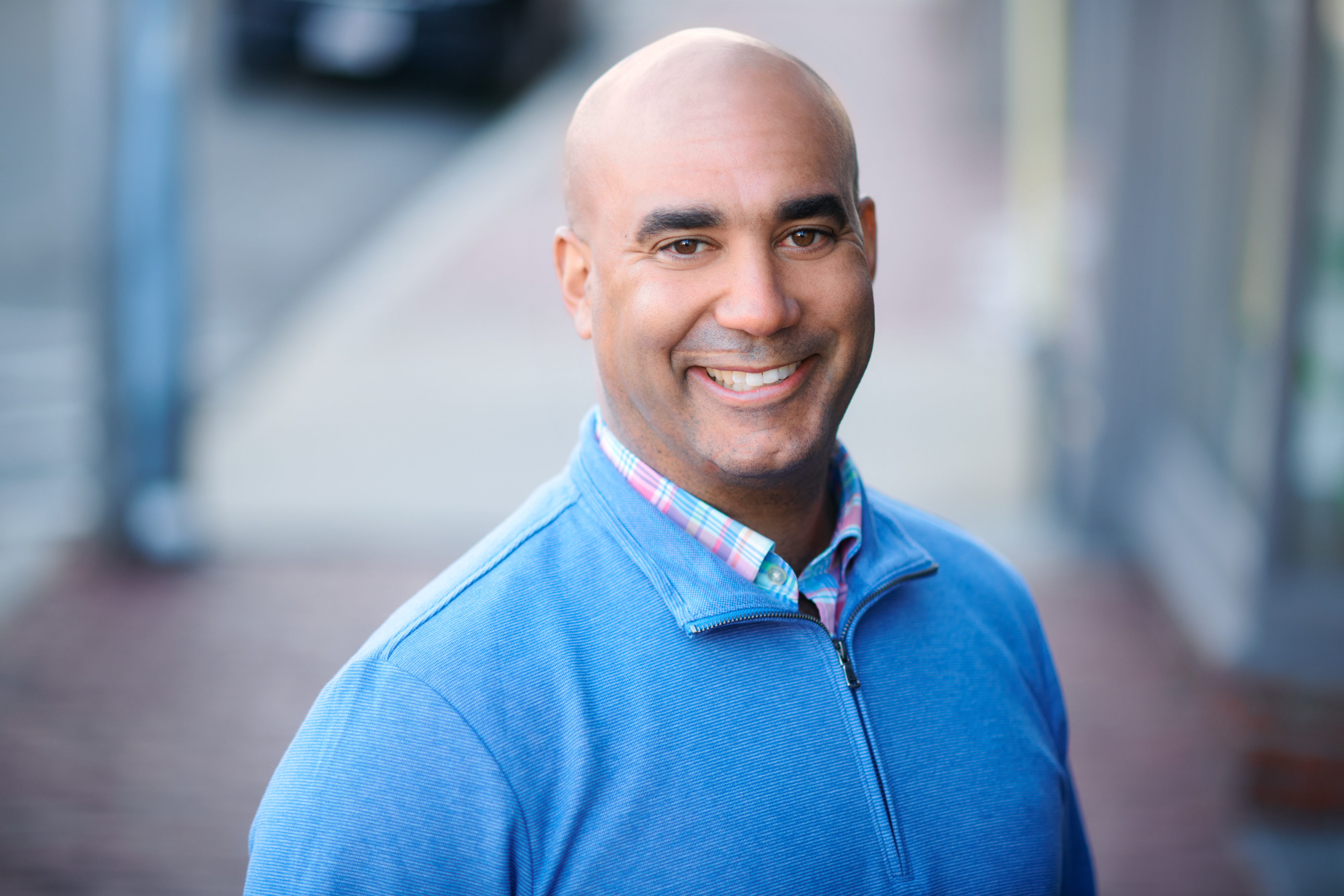

Evolving for Equity: Honest Reflection That Fosters Culturally Responsive Professional Learning |
Participate and share : Interactive lecture
Dr. Henry Turner
Professional learning opportunities need to focus on the diverse needs of adult learners. Using our expertise in professional learning and culturally responsive instruction, we will help educators design professional learning that helps all educators reflect on how they can evolve and grow their commitment to equity and social justice.
| Audience: | Chief technology officers/superintendents/school board members, Coaches, Principals/head teachers |
| Skill level: | Beginner |
| Attendee devices: | Devices useful |
| Attendee device specification: | Smartphone: Android, iOS, Windows Laptop: Chromebook, Mac, PC Tablet: Android, iOS, Windows |
| Participant accounts, software and other materials: | Any devices will work and nothing needs to be downloaded ahead of time. |
| Topic: | Equity & inclusion |
| ISTE Standards: | For Coaches: Content Knowledge and Professional Growth
Leader
Equity and Citizenship Advocate
|
Purpose: Help educators learn how to shift Professional Learning to one that is Culturally Responsive. We will use the Evolving Learner Model and Culturally Responsive Instructional Models to show the overlap of the two frameworks.
Educators will:
Analyze adult learning theory and effective professional learning models to understand an anti-racist education framework.
Examine innovative and sustainable ways to learn from kids, peers, and the world to empower educators as Culturally Responsive Leaders.
Develop an action plan for implementing professional learning strategies that empowers educators to dismantle racism in their own school and practice.
1. Why shift from Traditional PD to Professional Learning? (10 min.) Use adult learning theory and effective professional learning models to understand an anti-racist education framework.
2. Learning from Vulnerable Populations, such as students of color, low-income students, LGBT+, Girls (15 min.) Leveraging the most abundant and underutilized resource in our schools; Brief overview of strategies; participants engage in a cycle of inquiry activity (peer-to-peer interaction) that can be replicated with staff and students.
3. Learning from Peers who represent the Diversity of the United States (15 minutes) Innovative and sustainable approaches to Learning Communities and Coaching; Participants will pair up to explore specific examples that highlight the importance of Social Emotional Learning, and evaluate which strategies are most applicable to their own practice. (peer-to-peer interaction)
4. Learning from the World (15 min.) Unlimited possibilities for going beyond just growing learning communities to intentionally creating a diverse PLN and seeking different perspectives. The possibilites include personalizing with learning on demand, utilizing purposeful connection, and taking action from that learning (device-based activity)
5. Call to Action / Reflection (5 min.)
Participants are encouraged to develop an action plan for implementing these professional learning strategies to increase educator effectiveness and results for all learners (Template provided)
Note: Participants are engaged in activities throughout this interactive session. Presenters will also provide samples/resources for each topic presented. Questions / Comment time is embedded throughout so participants will have time to understand the concepts and implement in their practice immediately.
Zaretta Hammond and Yvette Jackson. Culturally Responsive Teaching and the Brain: Promoting Authentic Engagement and Rigor Among Culturally and Linguistically Diverse Students.
Lainie Rowell, Kristy Andre, Lauren Steinmann. Evolving Learner: Shifting From Professional Development to Professional Learning From Kids, Peers, and the World
Building Culturally Relevant Schools Post-Pandemic with Dr. Gloria Ladson-Billings https://youtu.be/Rr2monteBbo
This session is also informed by the work of:
Center for Applied Special Technology (CAST). (2019, April 23). CAST: About Universal Design for Learning. Retrieved August 7, 2019, from Cast.org website: http://www.cast.org/our-work/about-udl.html#.XUs-c5NKjOQ
Collaborative for Academic, Social, and Emotional Learning (CASEL). (2019). What Is SEL? Retrieved from Casel.org website: https://casel.org/what-is-sel/
Knowles, M. (1984). The Adult Learner: A Neglected Species (3rd Ed.). Houston: Gulf Publishing. & Knowles, M. (1984). Andragogy in Action. San Francisco: Jossey-Bass.
Learning Forward. (2014). A Cycle of Continuous Improvement. Retrieved from https://learningforward.org/docs/default-source/publicationssection/Transform/tool-cycle-of-continuous-improvement.pdf?sfvrsn=0
TNTP, Inc. (2015). The Mirage. Retrieved January 2, 2019, from Tntp.org website: https://tntp.org/publications/view/the-mirage-confronting-the-truth-about-our-quest-for-teacher-development
Yale Center for Emotional Intelligence. (2015). Emotion Revolution – Student. Retrieved August 7, 2019, from http://ei.yale.edu/what-we-do/emotion-revolution-student/
Sarah Becker and Crystal Paul. "It Didn't Seem Like Race Mattered": Exploring the Implications of Service-learning Pedagogy for Reproducing or Challenging Color-blind Racism
R. Richard Banks, Jennifer L. Eberhardt and Lee Ross. "Discrimination and Implicit Bias in a Racially Unequal Society"
Eduardo Bonilla-Silva. Racism WIthout Racists: Color-Blind Racism and the Persistence of Racial Inequality in America
Watters, A. "To have and to have not: When it comes to the latest technology,
some schools are more equal than others."
Ibram Kendi. How to Be an Antiracist.
Sánchez, P. & Salazar, M. "Transnational computer use in urban Latino
immigrant communities: Implications for schooling".

With 15 years of experience as a high school administrator, Dr. Henry Turner is most proud of the collaborative environment and efforts he works to establish to empower students to fight hate and bigotry within their school community. Recognized for his inclusive leadership style and dedication to student advocacy, Dr. Turner was named 2021 K12 Principal of the Year. The award recognized his efforts to implement antiracist learning skills, incorporate culturally responsive instructional practices, and ensure the sustainability of these practices by addressing necessary structural and systematic changes to combat systemic racism. He has a newsletter on social justice leadership https://bit.ly/HenryJTurner.
Connecting Coding and Circuits
Growing High-Flying Staff: Igniting a Culture of Success Using ISTE Standards
Top 10 Google Add-Ons You Wish You Knew About Earlier!